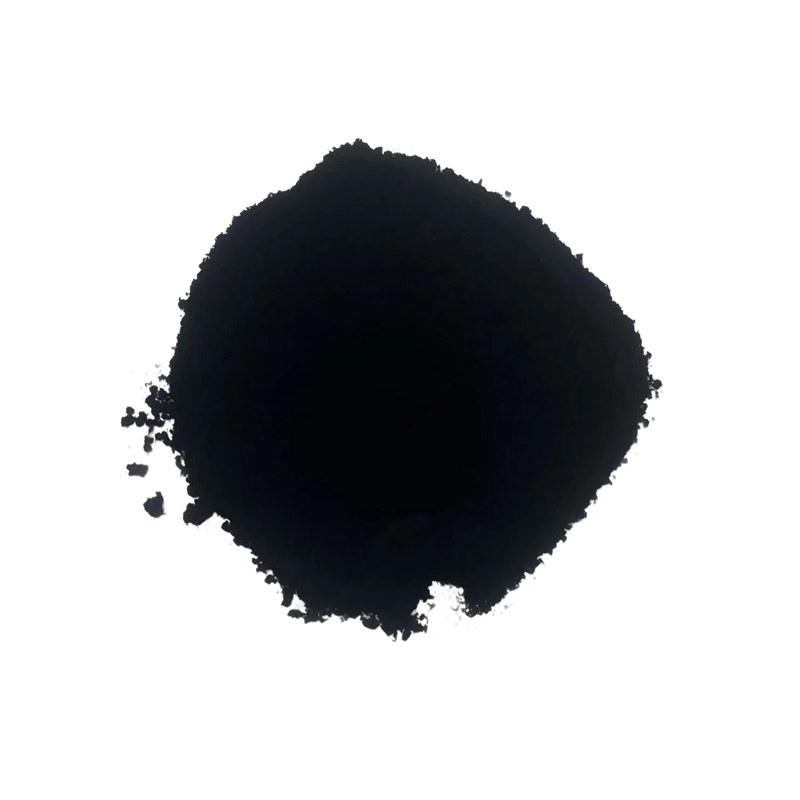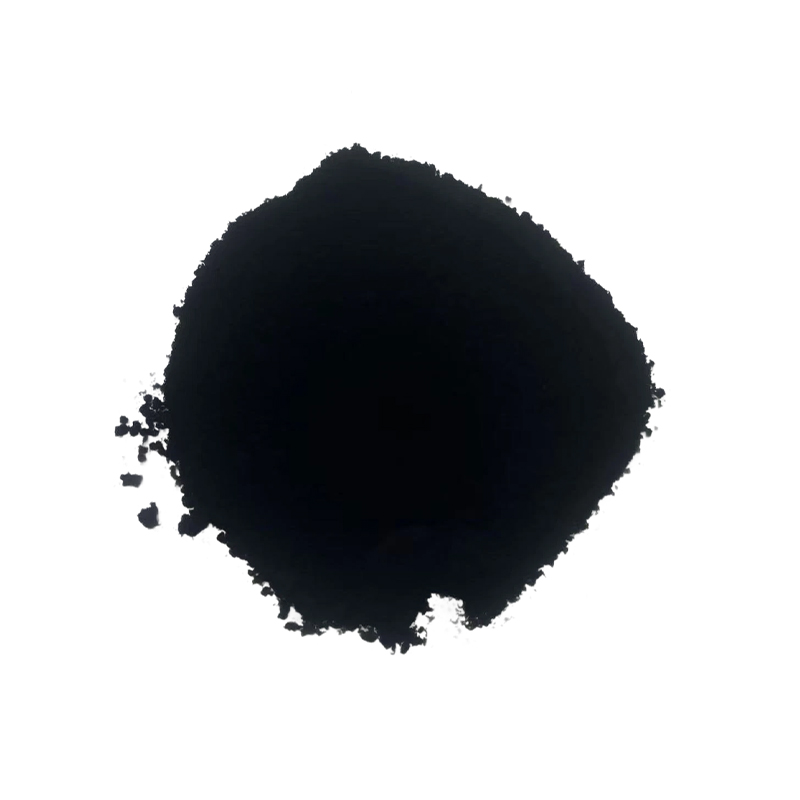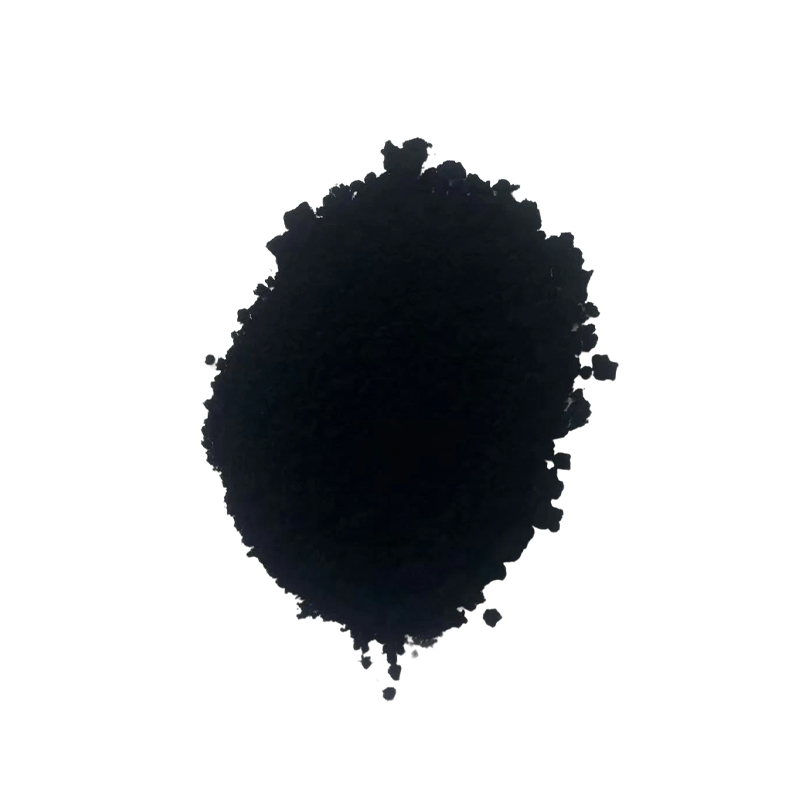How do cobalt-based carbon nanotubes improve the energy density of lithium batteries?
Release Time : 2025-07-22
With the rapid development of the new energy industry, lithium batteries, as core energy storage devices, are widely used in many fields such as smartphones, electric vehicles, energy storage systems, and aerospace. In this context, how to improve the energy density of lithium batteries has become one of the key directions of industry research. In recent years, cobalt-based carbon nanotubes have become one of the important materials for improving the performance of lithium batteries due to their excellent conductivity, structural stability and catalytic activity. It plays a key role in the modification of positive electrode materials, conductive additives, and electrode structure optimization, and effectively promotes the improvement of lithium battery energy density.
1. Improving the conductivity of positive electrode materials
In lithium batteries, positive electrode materials are one of the key factors that determine energy density. Although the current mainstream high-nickel ternary materials (such as NCM, NCA) and lithium iron phosphate have high specific capacity, they often have problems such as poor conductivity and poor rate performance in practical applications. Due to its unique nanostructure and excellent conductivity, cobalt-based carbon nanotubes can be used as a conductive enhancer for positive electrode materials to significantly improve the electronic transmission ability of materials. The cobalt element loaded on the surface of cobalt-based carbon nanotubes has a good catalytic effect, which can promote the intercalation and deintercalation reaction of lithium ions and improve the kinetic performance of electrochemical reactions. At the same time, its one-dimensional nanostructure can build an efficient conductive network between the particles of the positive electrode material, reduce the electron transmission path, and thus improve the overall conductivity efficiency of the battery. This structural optimization directly improves the battery's charge and discharge rate performance and energy output efficiency.
2. Enhance the structural stability of electrode materials
During the recycling process of lithium batteries, the positive electrode material will expand in volume and collapse in structure due to the repeated intercalation and extraction of lithium ions, resulting in capacity decay and shortened cycle life. The introduction of cobalt-based carbon nanotubes can effectively alleviate this problem. On the one hand, cobalt-based carbon nanotubes have excellent mechanical strength and elasticity, and can be used as a structural support material to form a three-dimensional network structure inside the electrode material, enhance the structural stability of the material, and prevent powdering and peeling caused by volume changes. On the other hand, the cobalt element itself has good thermal stability and chemical stability, which can inhibit the structural degradation of the electrode material at high temperature or high voltage and extend the service life of the battery.
3. Optimizing electrode interface reaction
Cobalt-based carbon nanotubes can also improve the interface stability between the electrode and the electrolyte. In lithium batteries, the interface reaction between the positive electrode material and the electrolyte often leads to irreversible capacity loss and increased internal resistance. The cobalt element on the surface of cobalt-based carbon nanotubes has a certain catalytic activity, which can promote the formation of a stable SEI film (solid electrolyte interface film) at the interface, reduce the occurrence of side reactions, and thus improve the cycle stability and safety of the battery. In addition, cobalt-based carbon nanotubes can also serve as lithium ion diffusion channels to promote the rapid migration of lithium ions in electrode materials, further improving the rate performance and energy density of the battery.
4. Achieving lightweight design of high energy density batteries
In the pursuit of high energy density, the lightweight design of batteries is equally important. Cobalt-based carbon nanotubes have extremely high specific surface area and excellent mechanical properties. Under the same conductivity, its dosage is much lower than that of traditional conductive agents (such as carbon black and conductive graphite), thereby reducing the proportion of inactive substances and increasing the proportion of active materials, which helps to achieve the dual goals of high energy density and lightweight batteries.
5. Promote the development of high-nickel batteries and solid-state batteries
Currently, high-nickel ternary materials are regarded as an important direction for improving the energy density of lithium batteries. However, high-nickel materials generally have problems such as poor thermal stability and poor cycle performance. The application of cobalt-based carbon nanotubes can not only improve its conductivity, but also enhance its structural stability, providing strong support for the development of high-nickel batteries. At the same time, in the field of solid-state batteries, cobalt-based carbon nanotubes are also studied to improve the interface contact between positive electrode materials and solid electrolytes, improve ion transmission efficiency, and provide new material solutions for future higher energy density and safer solid-state batteries.
With its excellent conductivity, structural stability and catalytic performance, cobalt-based carbon nanotubes have shown great potential in improving the energy density of lithium batteries. It can not only enhance the conductivity and structural stability of positive electrode materials, but also optimize electrode interface reactions, and promote the technological progress of high-nickel batteries and solid-state batteries.
1. Improving the conductivity of positive electrode materials
In lithium batteries, positive electrode materials are one of the key factors that determine energy density. Although the current mainstream high-nickel ternary materials (such as NCM, NCA) and lithium iron phosphate have high specific capacity, they often have problems such as poor conductivity and poor rate performance in practical applications. Due to its unique nanostructure and excellent conductivity, cobalt-based carbon nanotubes can be used as a conductive enhancer for positive electrode materials to significantly improve the electronic transmission ability of materials. The cobalt element loaded on the surface of cobalt-based carbon nanotubes has a good catalytic effect, which can promote the intercalation and deintercalation reaction of lithium ions and improve the kinetic performance of electrochemical reactions. At the same time, its one-dimensional nanostructure can build an efficient conductive network between the particles of the positive electrode material, reduce the electron transmission path, and thus improve the overall conductivity efficiency of the battery. This structural optimization directly improves the battery's charge and discharge rate performance and energy output efficiency.
2. Enhance the structural stability of electrode materials
During the recycling process of lithium batteries, the positive electrode material will expand in volume and collapse in structure due to the repeated intercalation and extraction of lithium ions, resulting in capacity decay and shortened cycle life. The introduction of cobalt-based carbon nanotubes can effectively alleviate this problem. On the one hand, cobalt-based carbon nanotubes have excellent mechanical strength and elasticity, and can be used as a structural support material to form a three-dimensional network structure inside the electrode material, enhance the structural stability of the material, and prevent powdering and peeling caused by volume changes. On the other hand, the cobalt element itself has good thermal stability and chemical stability, which can inhibit the structural degradation of the electrode material at high temperature or high voltage and extend the service life of the battery.
3. Optimizing electrode interface reaction
Cobalt-based carbon nanotubes can also improve the interface stability between the electrode and the electrolyte. In lithium batteries, the interface reaction between the positive electrode material and the electrolyte often leads to irreversible capacity loss and increased internal resistance. The cobalt element on the surface of cobalt-based carbon nanotubes has a certain catalytic activity, which can promote the formation of a stable SEI film (solid electrolyte interface film) at the interface, reduce the occurrence of side reactions, and thus improve the cycle stability and safety of the battery. In addition, cobalt-based carbon nanotubes can also serve as lithium ion diffusion channels to promote the rapid migration of lithium ions in electrode materials, further improving the rate performance and energy density of the battery.
4. Achieving lightweight design of high energy density batteries
In the pursuit of high energy density, the lightweight design of batteries is equally important. Cobalt-based carbon nanotubes have extremely high specific surface area and excellent mechanical properties. Under the same conductivity, its dosage is much lower than that of traditional conductive agents (such as carbon black and conductive graphite), thereby reducing the proportion of inactive substances and increasing the proportion of active materials, which helps to achieve the dual goals of high energy density and lightweight batteries.
5. Promote the development of high-nickel batteries and solid-state batteries
Currently, high-nickel ternary materials are regarded as an important direction for improving the energy density of lithium batteries. However, high-nickel materials generally have problems such as poor thermal stability and poor cycle performance. The application of cobalt-based carbon nanotubes can not only improve its conductivity, but also enhance its structural stability, providing strong support for the development of high-nickel batteries. At the same time, in the field of solid-state batteries, cobalt-based carbon nanotubes are also studied to improve the interface contact between positive electrode materials and solid electrolytes, improve ion transmission efficiency, and provide new material solutions for future higher energy density and safer solid-state batteries.
With its excellent conductivity, structural stability and catalytic performance, cobalt-based carbon nanotubes have shown great potential in improving the energy density of lithium batteries. It can not only enhance the conductivity and structural stability of positive electrode materials, but also optimize electrode interface reactions, and promote the technological progress of high-nickel batteries and solid-state batteries.







